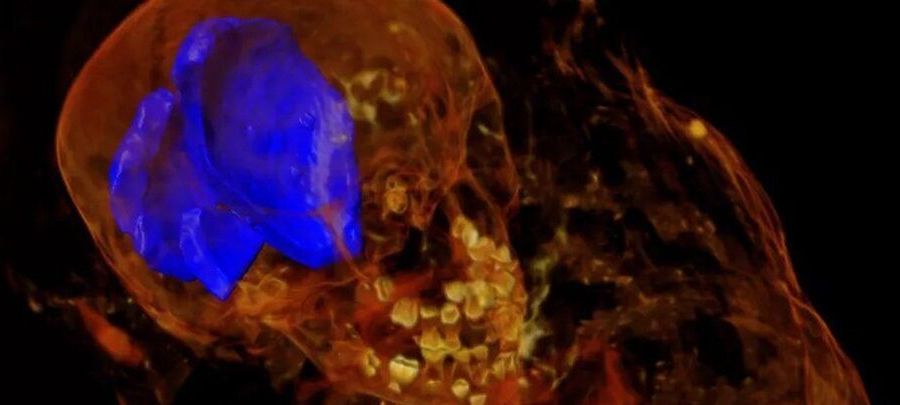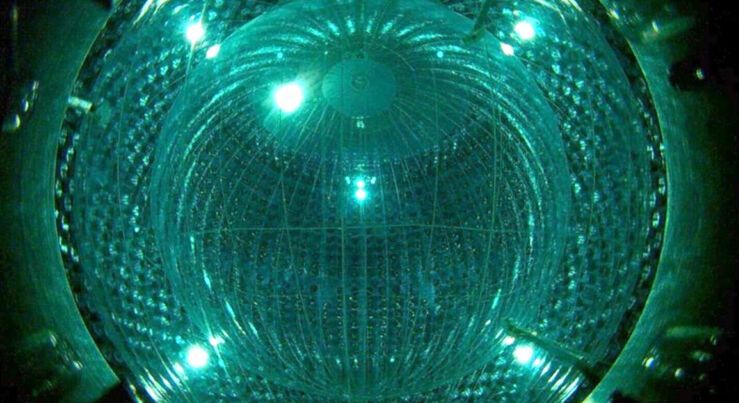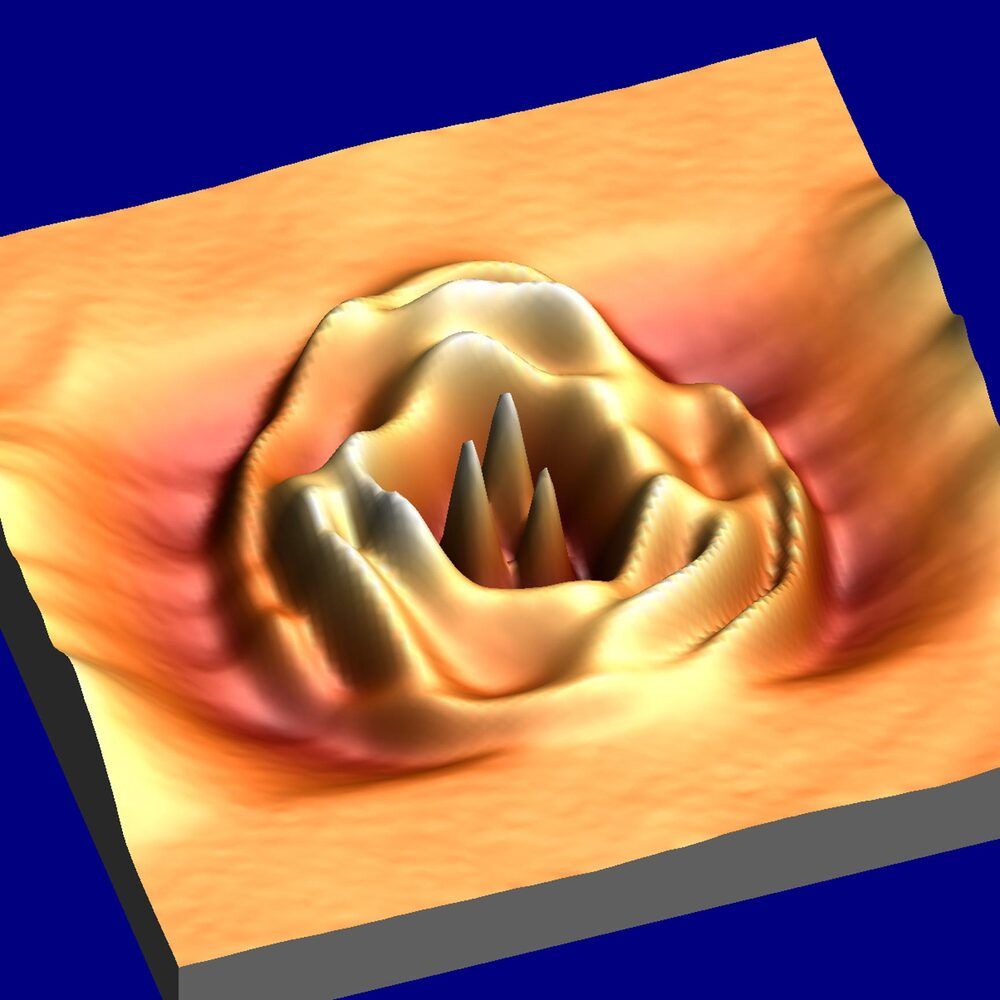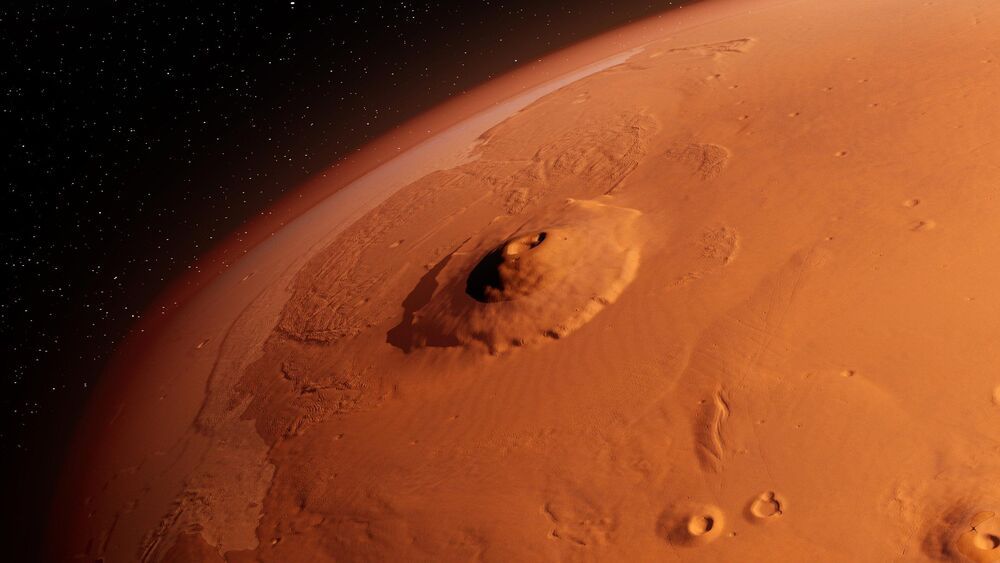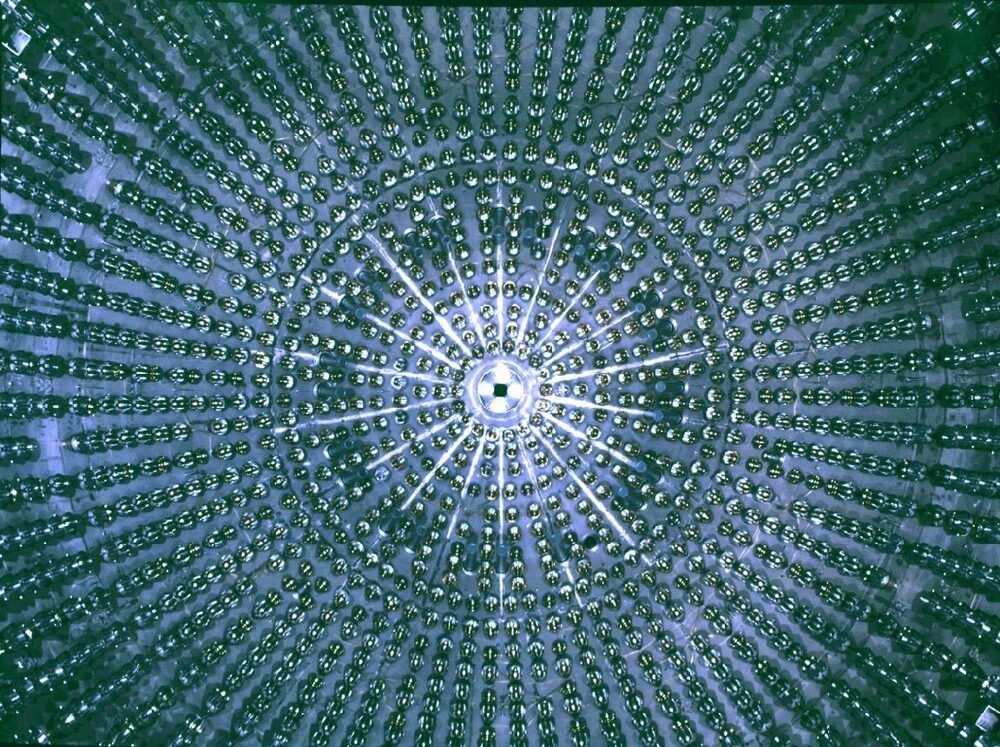An Egyptian mummy that was decorated with a woman’s portrait contained a surprise – the body of a child who was only 5 years old when she died.
Now, scientists have learned more about the mysterious girl and her burial, thanks to high-resolution scans and X-ray “microbeams” that targeted very small regions in the intact artifact.
Computed X-ray tomography (CT) scans of the mummy’s teeth and femur confirmed the girl’s age, though they showed no signs of trauma in her bones that could suggest the cause of her death.
